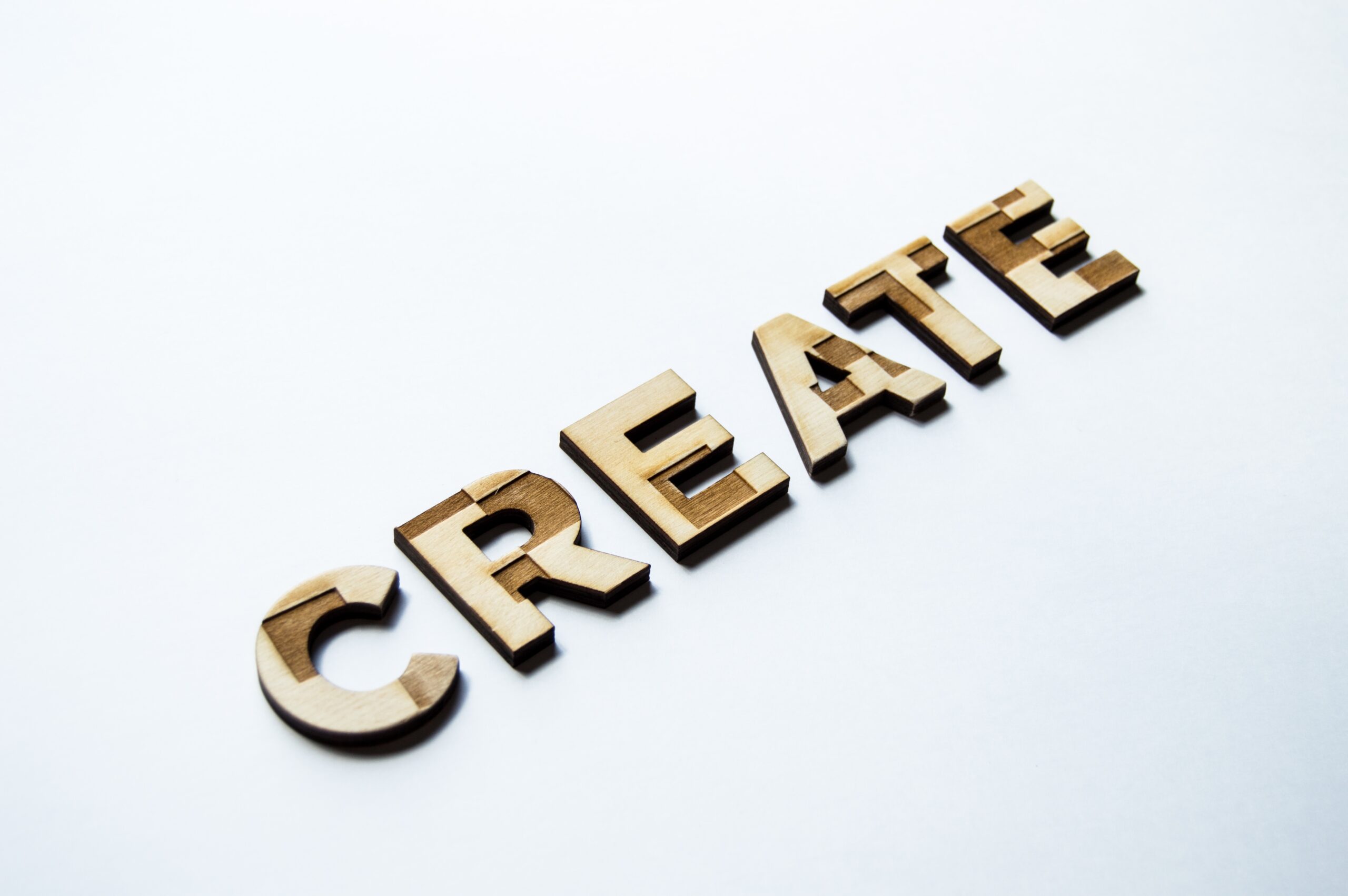I think itismandy is an important (micro) influencer and a talented creator: check your out.
Influencers and creators are related but have distinct roles in social media and content production. While there is some overlap, there are also key differences that set them apart.
Influencer
An influencer has built a reputation and audience around a niche or industry. Some key traits of influencers:
Built a large following and audience
- Influencers have cultivated an engaged community around themselves and their content through consistent posting and interaction. They often have hundreds or millions of followers across platforms like Instagram, YouTube, and TikTok.
Seen as a tastemaker/trendsetter in their niche
- Based on their following and engagement, influencers are seen as setting trends and influencing purchasing decisions about products/services related to their niche. From fashion to travel to parenting and more – followers look to influencers for advice and recommendations.
Leverages audience for partnerships and sponsorship deals
- A significant way influencers monetize is through paid sponsorships and brand partnership deals. Because of their substantial reach and resonance in a niche, brands pay influencers to feature and recommend products.
It focuses mainly on spreading ideas, content, and trends rather than creating.
- While some influencers create products and content, a pure influencer role focuses more on sharing ideas, trends, and recommendations using their brand and audience. There should be more emphasis on producing original content and products.
Creator
A creator focuses more on producing original content, products, and intellectual property. Some hallmarks of top creators:
Creates/makes content or products
- Whether it’s YouTube videos, songs, artwork, books, courses, brands, or other intellectual property – creators are oriented around developing their original ideas and offerings.
Directly get compensated for their creations.
- Rather than sponsorship deals, creators monetize their content and products directly by selling them or running ads against them. This includes sharing ad revenue from platforms like YouTube and marketing branded merchandise.
Focuses on a deep body of proprietary work
- Creators aim to produce a portfolio of content and offerings that expresses their vision and personifies their unique talents. It’s not just about aggregating ideas or influencing trends but creating trends through innovative content.
Owns and controls its distribution channels
- Often, creators try to use their websites, shops, and distribution platforms to share their work – rather than relying solely on third-party apps and sites. They own the primary channel where fans can access and purchase the creator’s offerings.
Not necessarily focused on their brand/fame
- While many top creators become well-known cultural figures, the emphasis is on the creative output rather than just attention and influencer fame for fame’s sake. Building an audience flows from the original and innovative content.
Differences Summarized
In summary, while influencers and creators relate to producing online content and potentially developing an audience – creators are focused on making original ideas, products, and content. In contrast, influencers are centered more narrowly on spreading and filtering ideas through personal brands and resonance.
However, there is often overlap as many creators become influencers in their niches while some go on to develop their products and offerings. But, the creator orientation tends to focus more on the substance of the output rather than just personal brand resonance or spreading memes.
Examples Comparing Influencers and Creators
Looking at some representative examples can help illustrate the key differences between influencers and creators:
Nikkie de Jager
- Nikkie is considered an influencer, with her popular YouTube channel focusing on make-up tutorials, tips, and product reviews. While she creates her videos, her content is focused more on covering trends and sharing her opinions rather than developing wholly original intellectual property. She leverages her large audience for brand sponsorships.
Bo Burnham
- As a comedian, musician, filmmaker, and director, Bo is more aligned with a creator orientation – writing original songs/material and developing standalone specials and films that showcase his unique creative vision and talents instead of influencing broader trends. He monetizes through his specials and film distribution.
MrBeast
- With his stunt-based YouTube videos and philanthropy, Mr. Beast straddles the line between influencer and creator. While hugely performative and attention-grabbing, his videos and content feature more original ideas and concepts than just commenting on trends. However, he still leans more toward influencers based on optimizing his videos for platform algorithms.
Valeria Lipovetsky
- As a fashion and lifestyle influencer, Valeria’s Instagram account, focusing on modeling and recommending clothing brands, aligns firmly with the influencer label – building her audience to eventually monetize through partnerships and sponsorships rather than selling wholly original creations.
J.K. Rowling
- As the author of the uber-popular Harry Potter franchise, J.K. Rowling epitomizes a creator – inventing an entire fictional wizarding world and set of original stories and characters that formed the basis for various monetization opportunities from books, movies, merchandising, and more.
In Summary
While creators and influencers overlap in the social media and content production ecosystem, creators focus more on developing wholly original ideas, products, and content. In contrast, influencers center on spreading and commenting on trends, leveraging their brand resonance.
Often, there is fuzziness between these two labels, but the orientation towards creative output versus influencing an audience forms the core differentiator.

